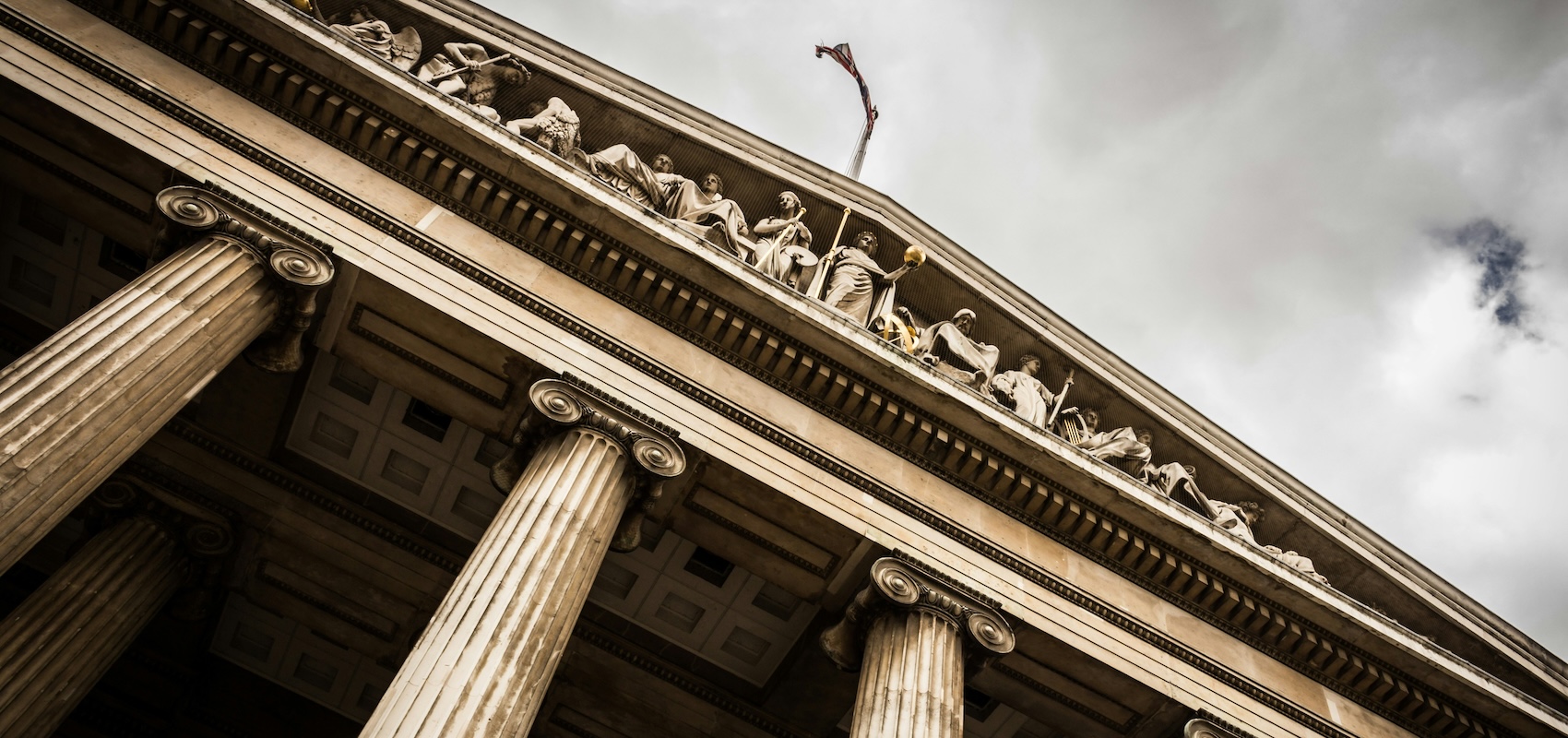
On July 21, plaintiffs in Kane v. City of New York asked the Supreme Court to review the case, which involves a narrowly constructed religious exemption to the Big Apple’s Covid vaccine mandate for public education employees.
In the aftermath of Covid, New York required all public school teachers and staff to submit to vaccination or be fired. The mandate incorporated religious exemptions for Christian Scientists. It also exempted faiths whose leaders “publicly” opposed the shots. The practical outcome was that Christian Scientists and Seventh-day Adventists got a quasi-institutional exemption but Catholics, for example, could not because the Church did not universally condemn the shots. Indeed, Pope Francis called them a necessary “act of love.” The local federal and second circuit courts of appeal upheld this limited regime. The Supreme Court will now be asked to decide its constitutionality.
Kane has the potential to give real teeth to the idea of conscientious religious objection. I say that for two reasons.
First, the current Court has shown a marked receptivity to free exercise claims. Free exercise has come into its own—no longer relegated to the residue left over after we pretend society has no religious convictions to avoid “establishment” issues, and no longer confined to esoteric groups (Christian Scientists) or limited geographical locales (Lancaster County’s Amish). Indeed, the Court has in many ways adopted the late Richard John Neuhaus’s reading of the First Amendment, where free exercise lies at its core and non-establishment is but a tool to facilitate it.
Second, the Court’s recent resurrection of Wisconsin v. Yoder, a 1972 case that struck down part of Wisconsin’s compulsory education law as it applied to the Amish in higher grades, is significant. The fact that the Court cited it approvingly (over one hundred times) in Mahmoud v. Taylor, the recent case on compulsory gender indoctrination in early grades in Maryland, showed that the Court was ready to consider religious exemptions for more than just small, somewhat marginal religious communities.
Religious groups of few adherents and/or socially marginal—Jehovah’s Witnesses, Seventh-day Adventists, Christian Scientists, Amish—were generally afforded more leeway than widely dispersed confessions of significant numerical strength, such as Catholics, who numbered 20 to 25 percent of the American population. Perhaps it was implicitly believed that the exemption would not undermine the rule when granted to religious minorities. But when one crosses a certain proportion of the population, the stakes grow higher.
New York City’s vaccine religious exemptions seem to follow this pattern. A group historically recognized as having its own perspective on medicine, such as the Christian Scientists, are exempt. But other groups like Catholics need to establish that their institution shares the conscientious objection they do. As most Catholic bishops were at least initially advocates of the jab, New York considers Catholics seeking exemptions “bad” Catholics.
There’s a paradox here. It’s one thing for a denomination to say something is forbidden. But to say that something is allowed—not mandated but permitted—is not a converse position. What to do when there is no prohibition is a substantially broader scope of action, dictated by prudence. In such a case, even Catholic theology would recognize there is a legitimate scope for differing conclusions of conscience, something New York City’s “one-denominational-size-fits-all” approach ignores.
It also betrays a fundamental ignorance of the nature of conscience. Conscience as a judgment that, in this instance, a good is to be done or an evil is to be avoided, is ultimately individual. For Catholics, it is individual not in the sense that everyone’s conscience invents its own morality out of whole cloth, but it is individual in the sense that Gaudium et Spes reminds us it is the forum in which a person stands most directly before God. Man is ultimately alteri incommunicabilis: No one can will for me. For the Jewish and Christian faiths, where man’s relationship to God involves a moral component, the state doing violence to that conscientious integrity strikes at the dignity of the human person.
There’s a second paradox here. America traditionally recognized the dignity of the individual conscience: That was the hallmark of Protestantism and its main objection to “Romanism.” But New York’s rule truncates the individual conscience, measuring its sincerity (or at least right to be respected) by conformity with denominational policy. Which means one of two things: Caesar now arrogates the right to decide what is denominational policy for a specific group while he is baffled by the modern phenomenon of the “spiritual-but-not-religious.” If one of the latter objects to the Covid vaccination on “spiritual” grounds, is that “spiritual” conviction to be ignored because it is not a “recognized religion”?
This question will need to be addressed, and not just in this context: One unresolved issue from Mahmoud v. Taylor was that forcing children’s participation against parental wishes violated parental religious freedom. What about non-religious parents who object to the curricular content?
Full-throated protection of free exercise through religious objection/exemption has long been cramped when sought by denominations that are more than religious curiosities. Kane v. City of New York offers the opportunity to afford them meaningful constitutional protection.
The Church’s Answer to the World (ft. Carter Griffin)
In the latest installment of the ongoing interview series with contributing editor Mark Bauerlein, Fr. Carter Griffin…
The Cambrian Implosion
A historical moment ago, it was too obvious for words, but: Life is a blessing. So to…
Undermining the Church’s Public Witness
Bishop Thomas J. Paprocki recently wrote in these pages that the Archdiocese of Chicago’s plan to grant…
